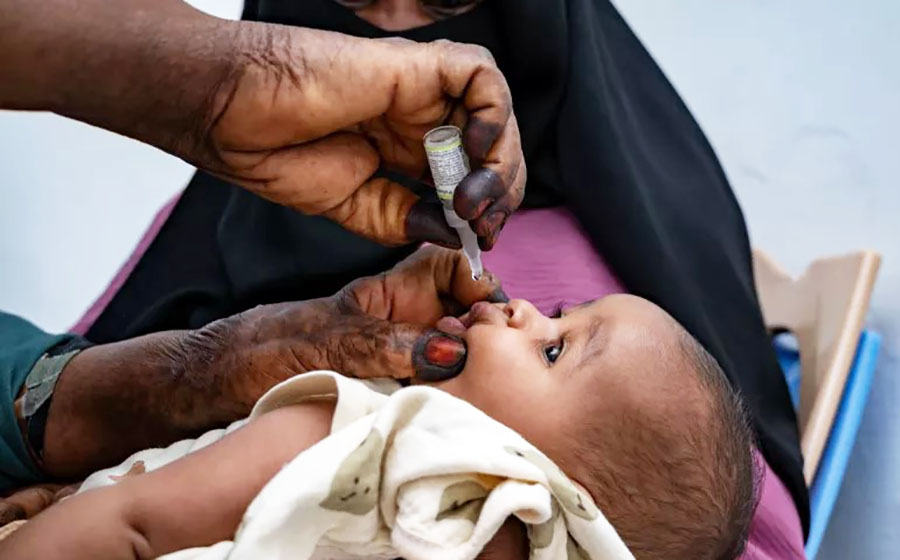
Sudan Health Ministry admits vaccine error killing 3 children
Moatinoon
The Federal Ministry of Health acknowledged that the deaths of three children at Al-Ban Jadeed Hospital in East Nile Locality last June were the result of a technical error in the preparation procedures for the measles vaccine dose.
The Federal Ministry of Health, through the General Administration of Primary Health Care and the Expanded Program on Immunization, issued a press release explaining that the specialized technical committee, formed immediately after receiving the report, initiated a thorough field investigation. The investigation concluded that the incident was limited to the Al-Ban Jadeed Hospital vaccination center.
The investigation indicated that the error occurred as a result of storing the vaccines in an undesignated refrigerator, which exposed them to mixing with other medications under exceptional circumstances.
The Ministry confirmed that this unfortunate human error was not related to the quality or effectiveness of the vaccine, emphasizing that the vaccines used in Sudan are safe and approved according to World Health Organization standards. It added that this case is rare and exceptional and does not reflect the integrity of the Expanded Program on Immunization.
It announced immediate action to hold those responsible accountable, while committing to implementing strict safety standards to prevent such incidents in the future. Corrective measures included: "reviewing and updating vaccine preparation and storage protocols; retraining health personnel involved in vaccination; and strengthening field monitoring and follow-up systems during immunization campaigns."
According to data published in mid-July by the World Health Organization and UNICEF, more than half of the infants—at least 880,000 children—who were scheduled to receive their first dose of diphtheria, tetanus, and pertussis (DTP) vaccine in Sudan last year did not receive it. The DTP vaccine is used as a global indicator of vaccine coverage. Infants who do not receive any DTP dose are classified as "non-dose babies" and face life-threatening risks. Sudan currently has the lowest DTP1 vaccine coverage in the world.
UNICEF said that vaccination coverage in Sudan has declined sharply since the outbreak of conflict in the country in April 2023. DTP1 coverage dropped from 94% in 2022 to 48% in 2024, the lowest coverage in Sudan since 1987. This decline has led to outbreaks of polio, measles, and other vaccine-preventable diseases in Sudan, which have cost children their lives.
"This conflict has reversed nearly 40 years of progress in protecting vulnerable children in Sudan from serious diseases," said Edouard Beigbeder, UNICEF Regional Director for the Middle East and North Africa.
A year ago, the Sudanese Ministry of Health announced that unknown individuals were roaming the southern suburbs of the capital, Khartoum, particularly in densely populated neighborhoods, seeking to vaccinate children with counterfeit vaccines in exchange for money.
The Ministry of Health in Khartoum said in a statement that individuals posing as ministry employees are distributing vaccines to children. These vaccines, "of unknown origin, name, and identity," are being administered under the pretext of preventing diseases such as measles and polio.

